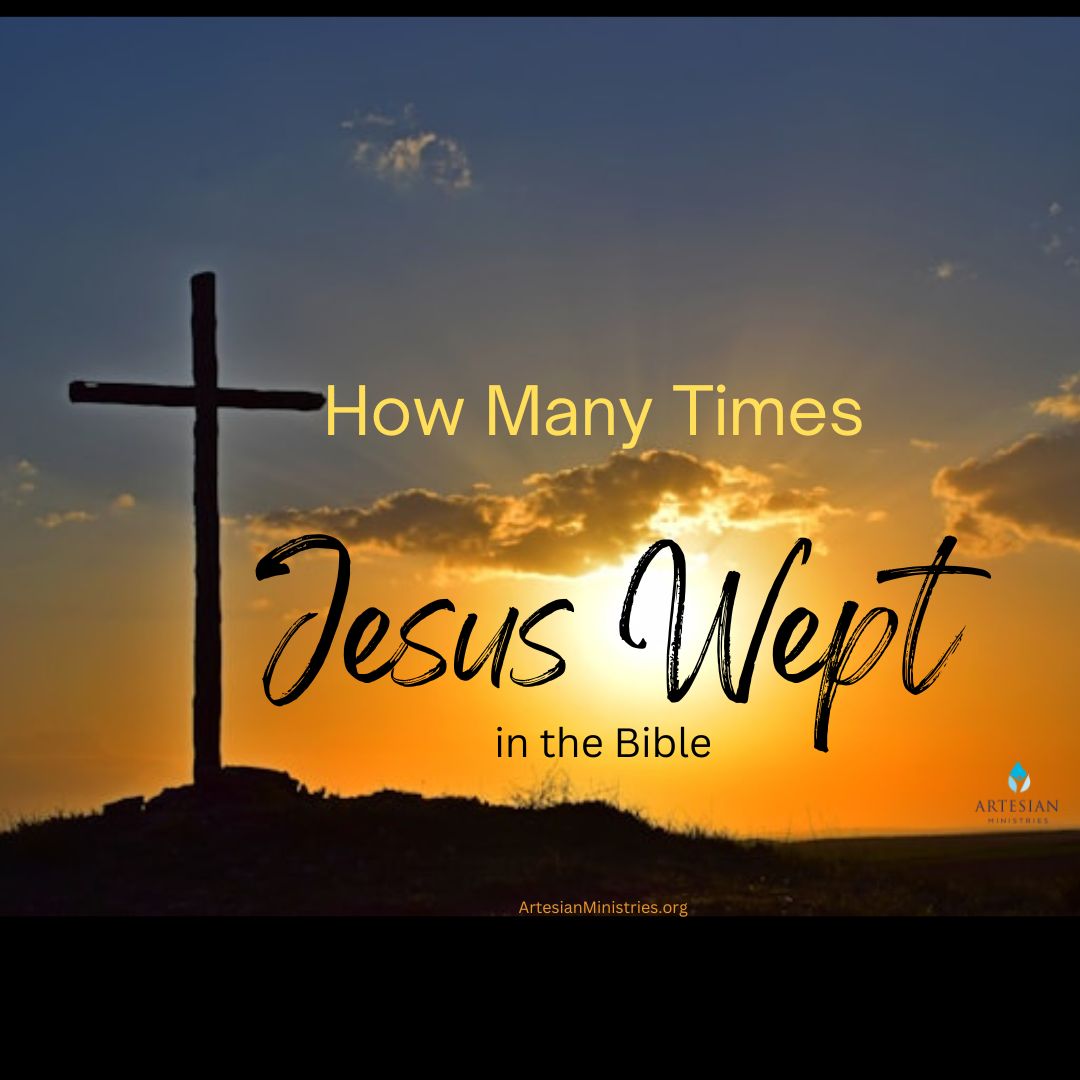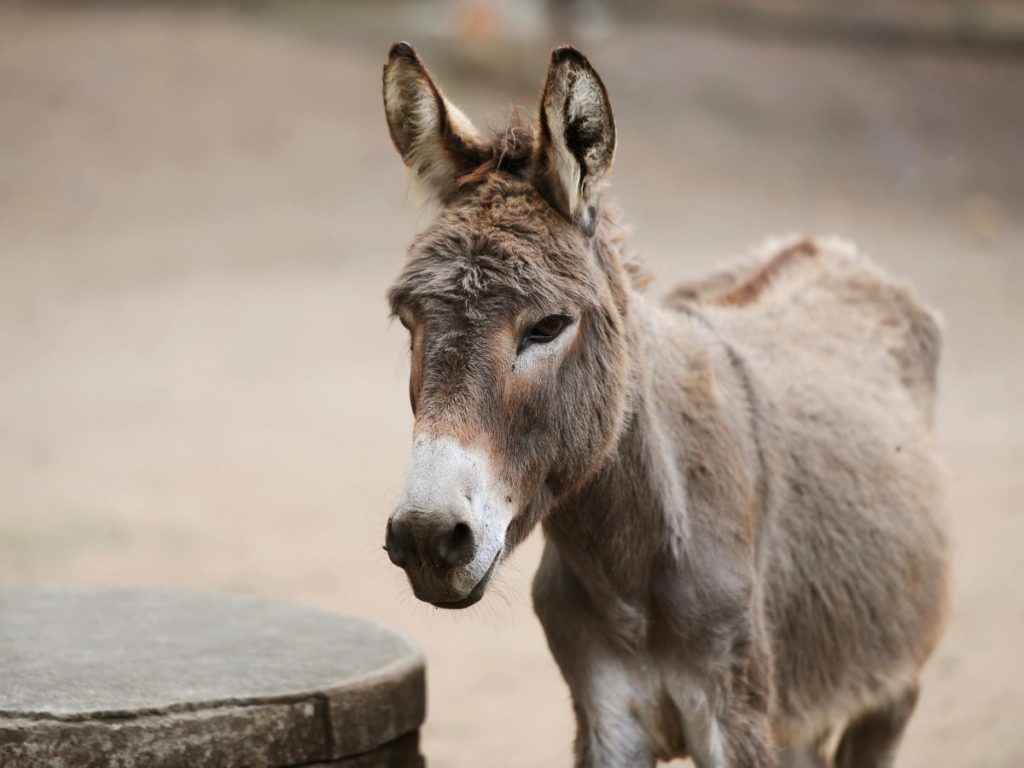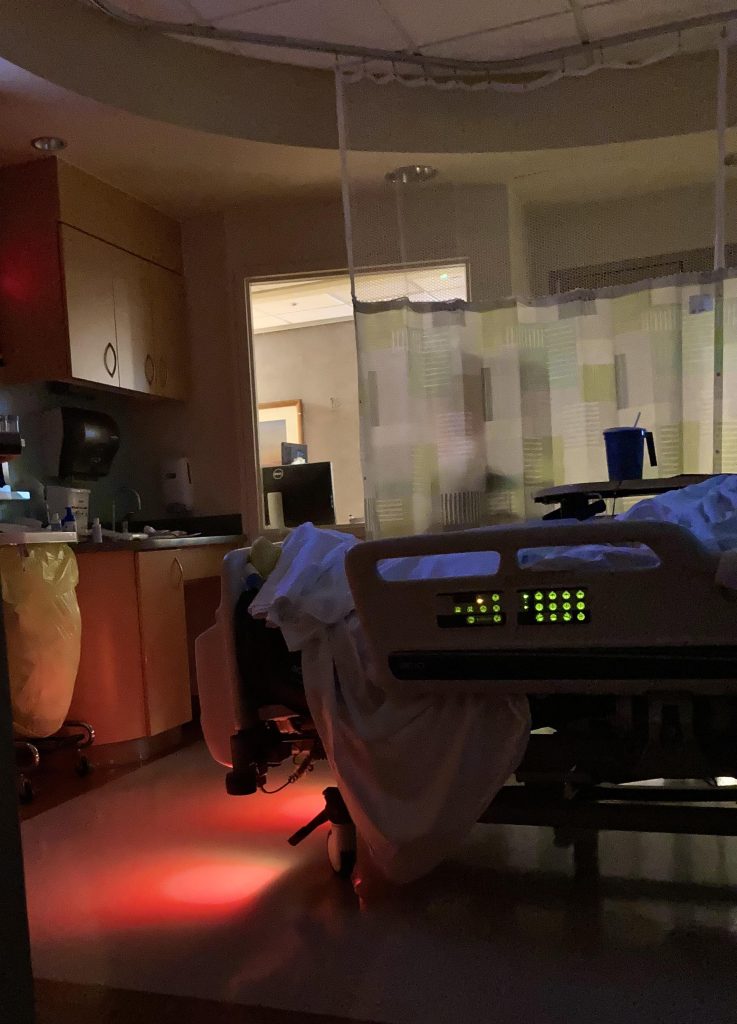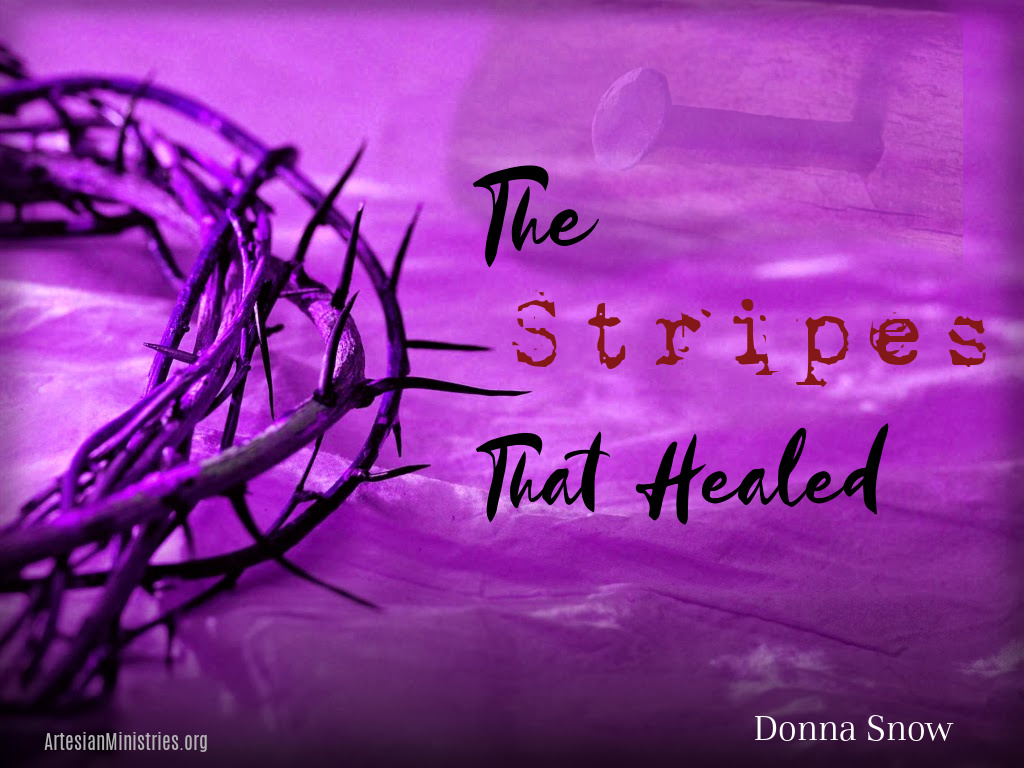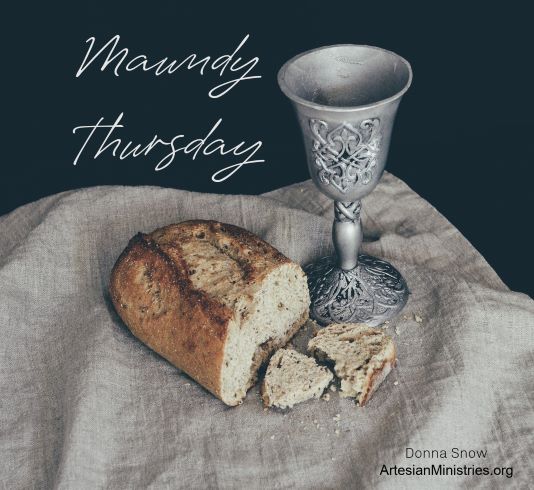
The first time I was invited to attend a Maundy Thursday service over thirty years ago, I had no clue what it was. I understood Palm Sunday, Good Friday, and Easter Sunday. What was Maundy Thursday?
I had to experience it first-hand to understand its true meaning.
Holy Thursday
Maundy Thursday, also called Holy Thursday, recalls the events that happened the next day after the traditional Passover meal. Maundy Thursday took place in the Upper Room between Jesus and His disciples (John 13-14). It marks when Jesus was betrayed by Judas for thirty pieces of silver.
However, many other significant events happened, as well. The gospels of Matthew, Mark, and Luke reveal how Jesus Christ instituted the Lord’s Supper (holy communion) for the first time. That life-altering table of forgiveness laid out for us by the Son of God.
Some refer to the Lord’s table that evening as Jesus’ Last Supper. However, churches around the globe still celebrate Communion with the words of institution, unleavened bread, and wine. Through the power of the Holy Spirit, it was by no means Jesus’ last supper served to His disciples (you and me).

John’s Gospel Focuses on Something Different
The gospel of John hones in on Jesus’ final teachings to His disciples — this band of men who had followed Him, served Him and witnessed three years of Jesus’ ministry.
The Apostle John realized that those who know their remaining time is short choose words carefully to ensure only the essential gets conveyed. The word maundy is derived from the Latin word mandatum novum, meaning “new commandment.” So, what did Jesus’ command convey that night?
“A new commandment I give to you, that you love one another: just as I have loved you, you also are to love one another” (John 13:34).

Serving Jesus Requires Love
John doesn’t simply end his account with men enjoying a meal and hearing Jesus speak. He tells how Jesus dramatically punctuated His words with action.
In a shocking turn of events that almost sent Peter over the edge, Jesus — Son of Man in the flesh — stooped to wash the feet of His disciples. Including Judas Iscariot. (A good thing to keep in mind the next time we have trouble extending forgiveness.)
Jesus’ last night gathered with His disciples before Good Friday conveyed His pure love for them and all of us. Yet as His prayer in the Garden of Gethsemane would reveal later that evening, the self-giving love of our Lord Jesus reigned supreme.
Out of all of the Passover lambs, His blood alone would keep us safe in our Father’s arms for all eternity.

Serving Jesus Requires Serving Others
We can opt to serve others from a safe distance by sending money or supplies. However, serving to make a kingdom impact as His hands and feet require us to get in close. Get your hands dirty. Get on your knees and pray. Do the lowliest job.
That’s what foot washing represented in Biblical times. Only the lowest servant was relegated to the task of washing feet encased in sandals and thick desert dust. The job stunk. Literally. Yet Jesus bent low to wash the disciples’ feet.
That’s where Jesus meets us on Maundy Thursday — in the middle of our smelly lives.

Maundy Thursday Reflects God’s Faithful Love
He washes our feet in love and welcomes us to His table of forgiveness. And as we draw close, we hear Him remind us of His mandatum novum: “Love one another, just as I have loved you.”
The heart of Maundy Thursday reflects the heart of God: love. There is no greater love!
Love instituted in a holy meal of forgiveness and redemption.
God’s love demonstrated by a foot washing, life-giving love.
Bottom Line
If you have the opportunity to attend a Maundy Thursday worship service, don’t miss out. Listen to the beautiful message of God’s everlasting love for us. Receive Christ’s body and blood with awe and wonder at the new life we have in Him alone.
Related Posts:
- How Many Times Jesus Wept in the Bible
- 25 Best Prayers and Reflections for Lent 2024
- 10 Powerful Prayers for Repentance and Restoration
About the Author
Donna is a sought-after speaker, multi-published author, and Bible teacher. Her path from being unchurched to becoming passionate about sharing Jesus was not easy. Read about her God-breathed journey: “From Unchurched to Becoming a Multi-Published Author and Sought-After Speaker.” If you want to send Donna a quick message, then visit her here.
{Some of these links are affiliate links. This means if you purchase through that link, the ministry may receive a small commission at no extra cost to you.}
